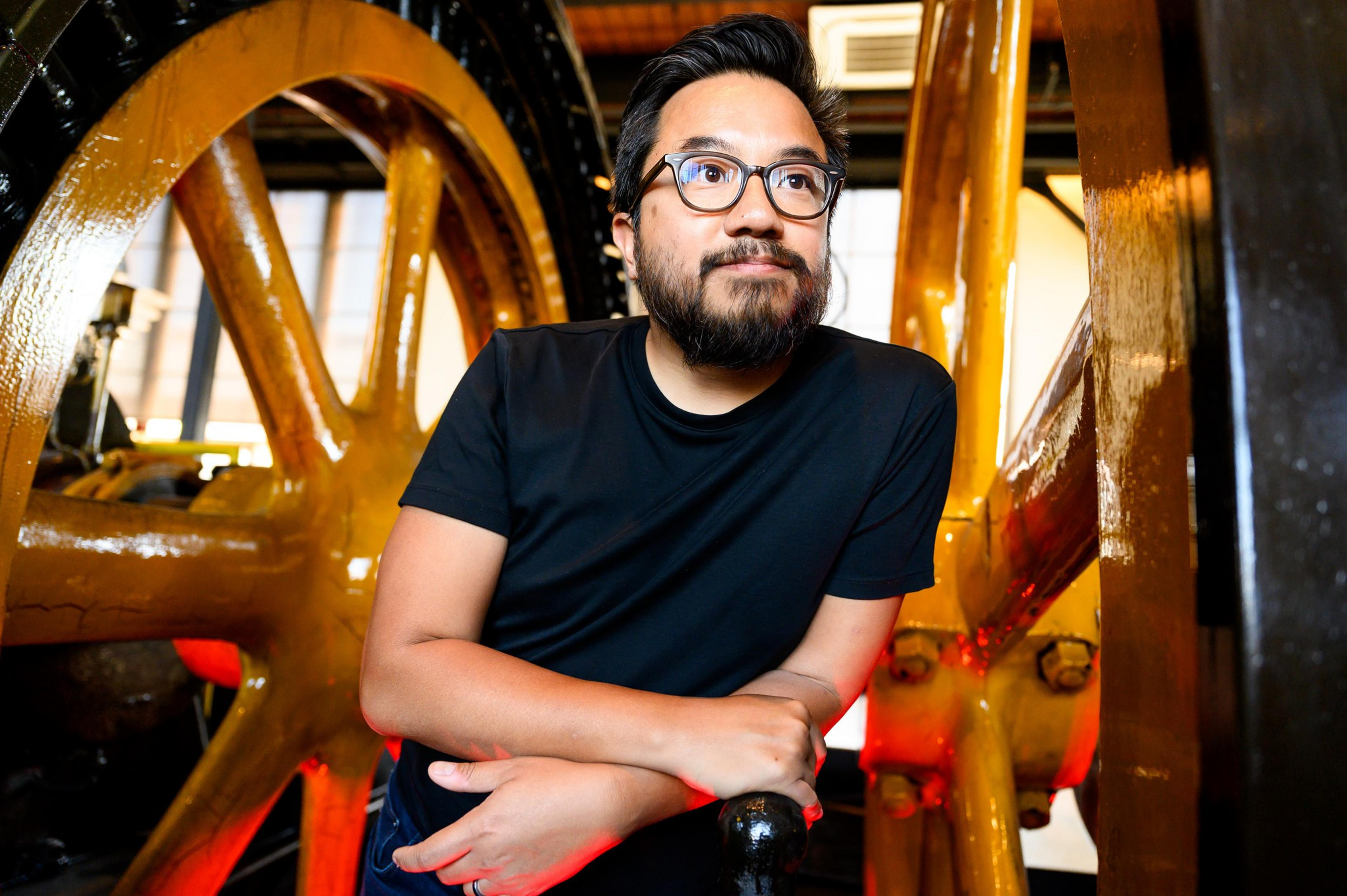San Francisco tech leaders are taking to the digital barricades over a proposed California law that would make it illegal for your boss to contact you after work hours, saying it would hamstring the startups that drive the city’s economy.
Assemblymember Matt Haney, who represents San Francisco, introduced AB 2751, which introduces a so-called “right to disconnect” by ignoring calls, emails, texts and Slack messages sent after agreed-upon working hours. Messages for emergencies or scheduling reasons would be exempt from the law.
Garry Tan, CEO of San Francisco startup accelerator Y Combinator, posted, “Legalize hard work” before slamming Haney as “the guy who killed algebra and spun up the fentanyl crisis in the Tenderloin.”
Y Combinator co-founder Paul Graham tweeted a bit of an ode to late-night work, writing, “Some of the very best work is done late at night. Not just at startups, but in research too. That’s when you can work on hard problems without distractions.
“If you looked at emails reporting important breakthroughs, a surprisingly large number would have been sent after hours.”
Even notorious pharma bro Martin Shkreli jumped in on the discourse, replying to The Standard’s X post about the story with a “Dafuq lol, cancel all SF startups.”
The proposed law would require every employer in the state to have a companywide policy or action plan communicating how it will implement the right to disconnect.
For salaried employees, potential periods of late-night or round-the-clock work would be explicitly delineated in employment contracts. The bill will be debated in the Legislature in the coming weeks.
One of the strains of criticism from the tech community is the typical complaint of the overlegislation and over-regulation of an industry that has been a major engine of wealth creation and lifestyle enhancement.
As Founder Fund vice president Mike Solana posted, “California, in its ongoing effort to destroy itself, is once again trying to ban startups.”
Haney argues the law would actually make California’s labor market more competitive because it would bring the state in line with more than a dozen countries that have introduced a right to disconnect and guard against burn out or other mental and physical impacts from overwork.
‘Europe is dead’
Flo Crivello, the CEO of San Francisco AI startup Lindy, is a native of France, which introduced the first right-to-disconnect policy in the world back in 2017. Crivello said rather than being a test case, the country and its cohort should be a cautionary tale.
“Europe is dead, you don’t use a single European application on your phone and they all use American applications,” Crivello said in an interview. “Do we really want to replicate the experiment over here and kill the goose that laid the golden egg?”
A successful startup, according to Crivello, thrives on a round-the-clock grind mentality where late-night work is more often than not required.
“You’re trapped,” Crivello said. “You observe the law, and the startup dies. Or you don’t observe the law, and it makes it very difficult to fire people.”
Then there are the jokes.
Haney said the law is supposed to be flexible and not a way to “gotcha” companies. Enforcement will be through the state Department of Labor and only meant to penalize those that are flagrantly breaking the rules, he added.
“It’s not helping worker productivity when people have no time to rest,” Haney said. “It actually makes things worse.”
